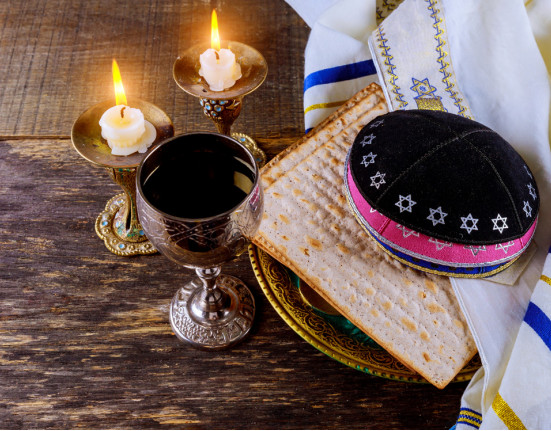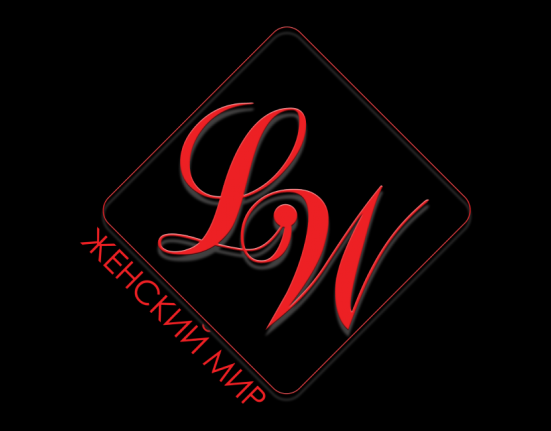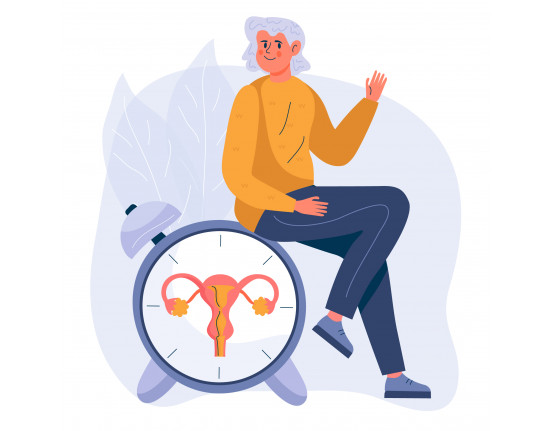How to Recognize and Manage Your Ego
Have you ever been told that in relationships, the only thing you can change is yourself and your reactions? Hearing this can sometimes feel discouraging; it may seem like a dead end. After all, I am right, and the other person’s improper behavior, with all its evident negativity, is plain to see. It’s perfectly natural to spot another person's ego – their vulnerability, pride, and resentment are laid bare. However, if we can only change ourselves, it suggests that something is wrong with our ego – and that’s much harder to recognize because it hides behind layers of self-protection.
We don’t need to defend the ego of others; it doesn’t threaten
us. Our ego, however, is felt from the inside. It embodies our normal reality,
fairness, and righteous reaction. We identify with it. To see it clearly, we
need a special kind of stance: neither blaming ourselves (“I’m bad”) nor
justifying ourselves (“I’m right”).
How can we know when it’s our wounded ego protesting, rather
than our objective sense of justice? There are several
signs. Noticing them provides much to reflect on.
1.
It’s difficult to admit you’re wrong – even against clear evidence – and you
want to prove you’re right.
2.
Frequent comparisons with others – always toward your own superiority.
3.
A need for control – difficulty trusting others; feeling that you know better.
4.
Being easily offended – any disagreement or criticism feels like a personal
attack.
5.
A strong need for recognition – craving praise, approval, and admiration.
6.
Fear of appearing weak – difficulty openly acknowledging vulnerability or
emotions.
7.
Difficulty accepting help – feeling that asking for help shows weakness.
8.
Disregard for others’ opinions – seeing others’ ideas as foolish and your own
as the only correct ones.
9.
Inability to rejoice in others’ success – especially if feelings of envy or
irritation arise.
10.
Focus on external status – valuing looking successful over being authentic.
Take a gentle, self-inquiring approach.
– If you can’t calmly let go of an argument and feel irritation,
anger, or humiliation, then the feeling of “I’m right” is likely tied to your
sense of superiority. It’s possible to learn to recognize differences of
opinion while still respecting yourself and others.
– If criticism triggers inner defensiveness, hurt, or the urge
to explain yourself, you are experiencing it not as feedback but as a threat to
your identity. Criticism can be accepted or rejected without internal collapse.
– If it’s hard to ask for help because you fear appearing weak
or inadequate, it means your self-esteem is based on the image of independence
and success. You can learn to be vulnerable while still being confident in your
value.
– If others’ success triggers envy, comparisons, and the urge to
devalue them, it indicates your inner self doesn’t feel inherently worthy and
craves self-affirmation. You can learn to genuinely rejoice for others without
comparing yourself to them.
– If you fear making public mistakes and self-criticism arises,
it implies your self-esteem is tied to others’ opinions. You must firmly
remember: It doesn’t matter what others think; your worth needs
neither approval nor criticism. You are inherently unique from birth – and no one
can take that away from you.
You may rightly ask: How do I learn to respond properly?
Asking this question is already a victory! Let’s start with the following:
1. Simply observe yourself without judgment. Notice where and
when ego reactions arise: hurt, irritation, comparison, fear of looking
foolish.
2. Develop a sense of inner self-worth. You are a child of the
Creator, and He has given you everything you need for this life. The less
dependent you are on external validation, the less power your ego will have
over you.
3. Practice vulnerability. Admit your mistakes. Ask for help.
4. Express genuine gratitude and sincerely praise others,
adopting the mindset of “I am not against others; I am together with them.”
The ego is not an enemy but a necessary protective structure of
the personality. It is like a horse – powerful and strong – that can carry you
far. But if it runs wild, deciding on its own where to go, it can drag you into
chaos. Learn to be the rider, and, respecting the strength of the ego, wisely
guide and transform it.





















